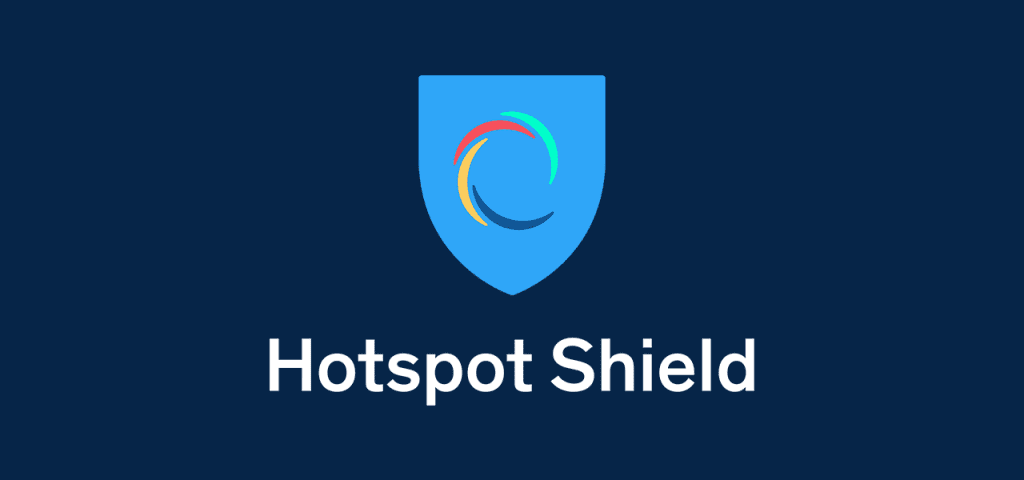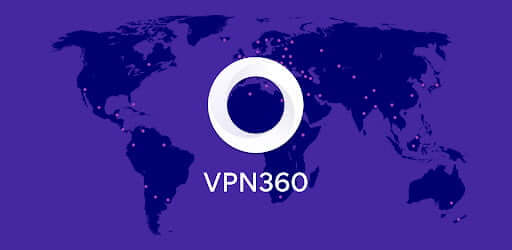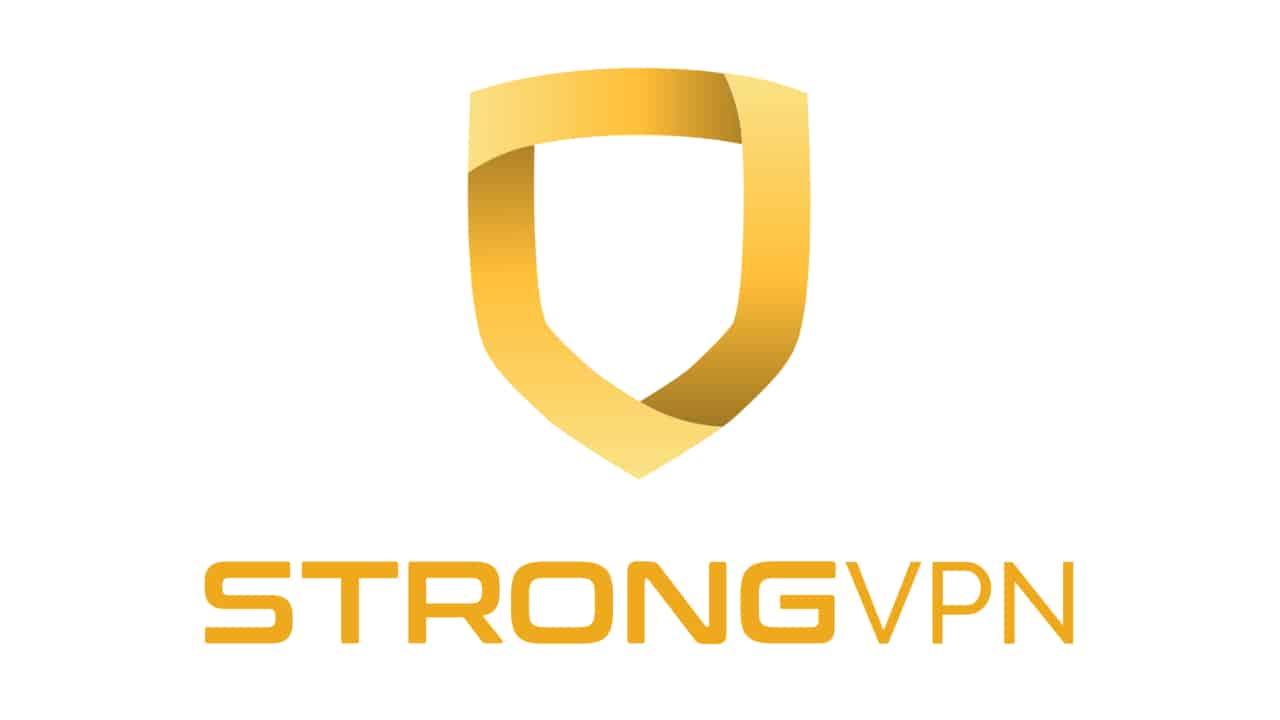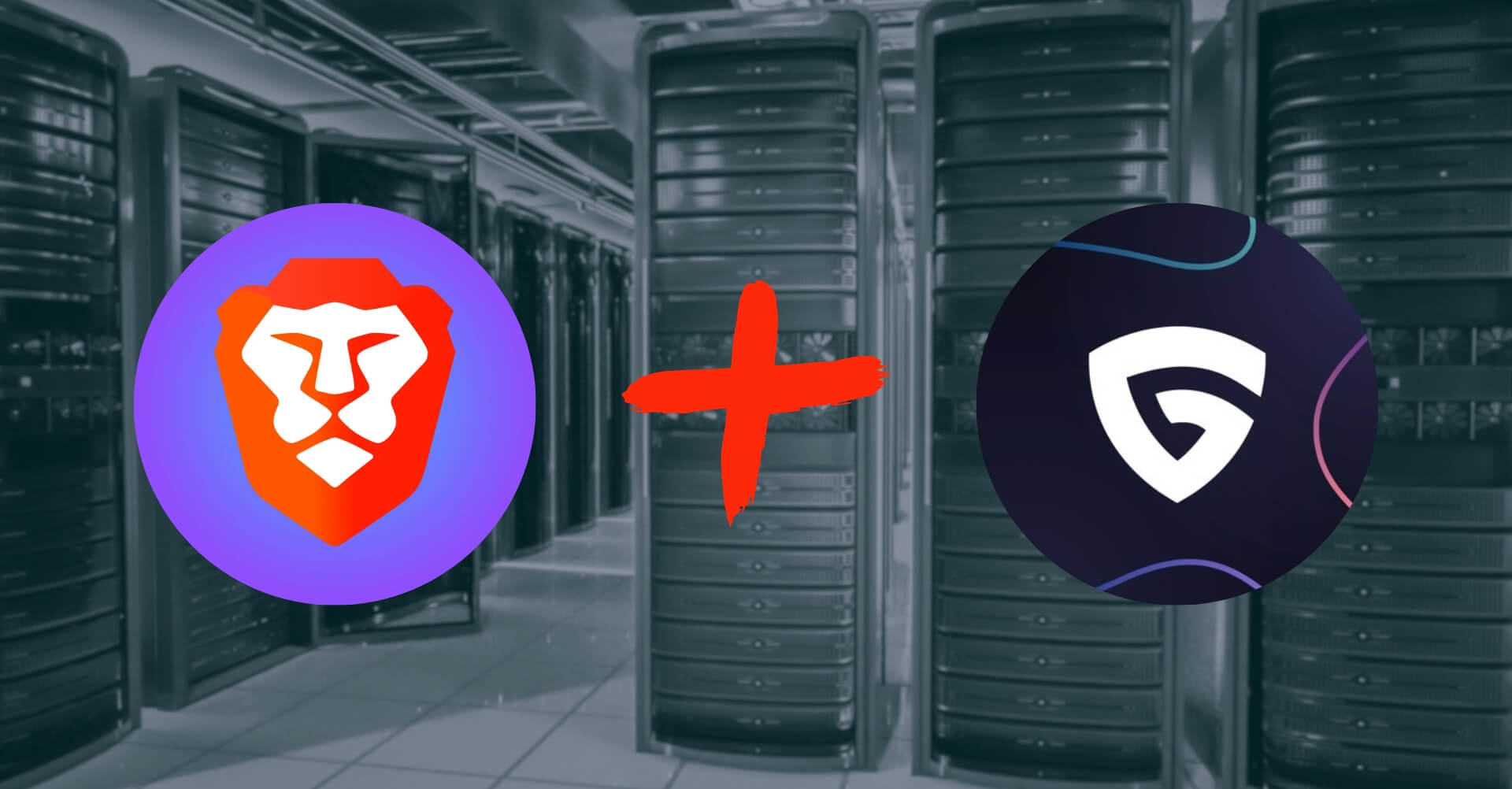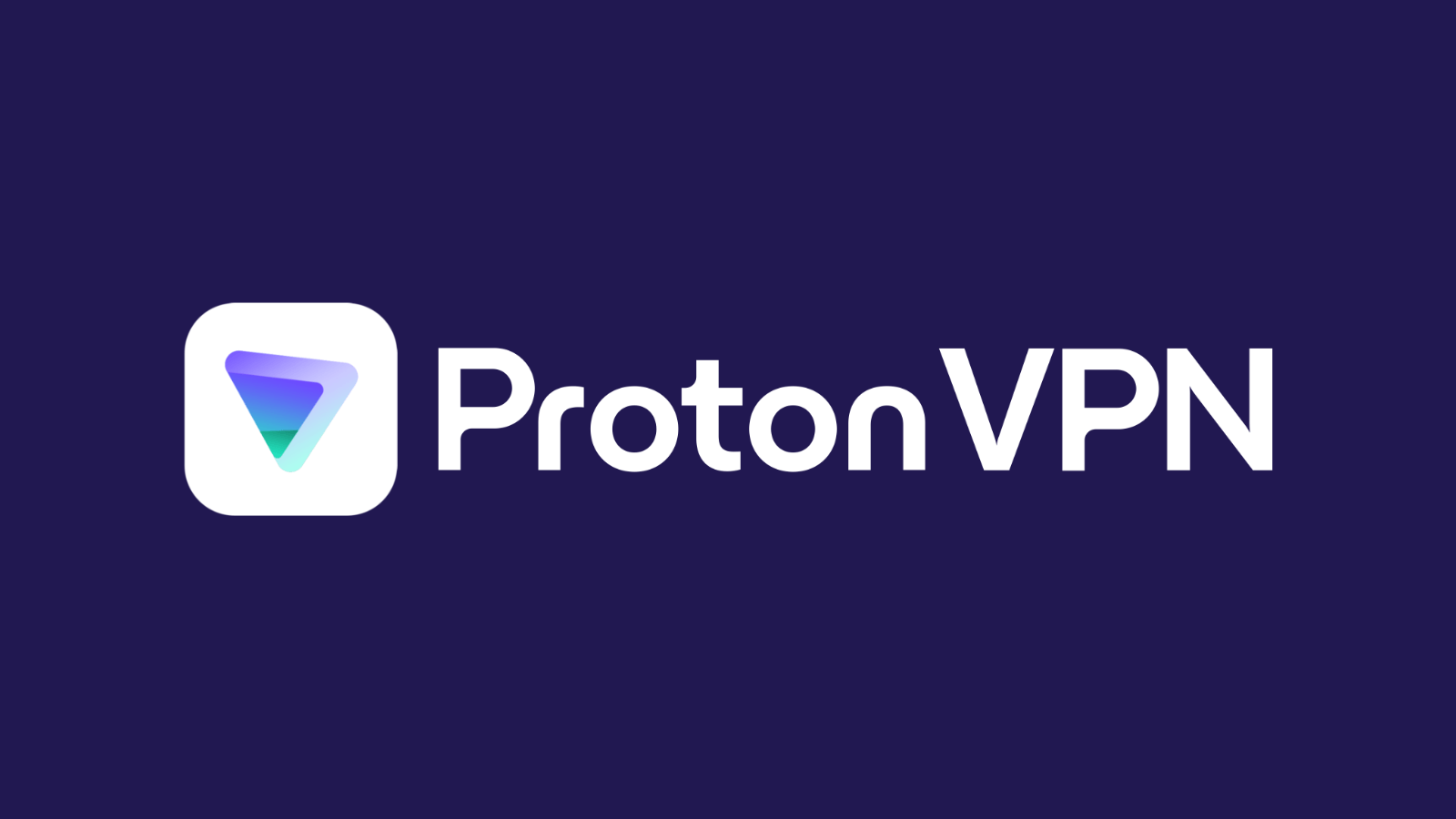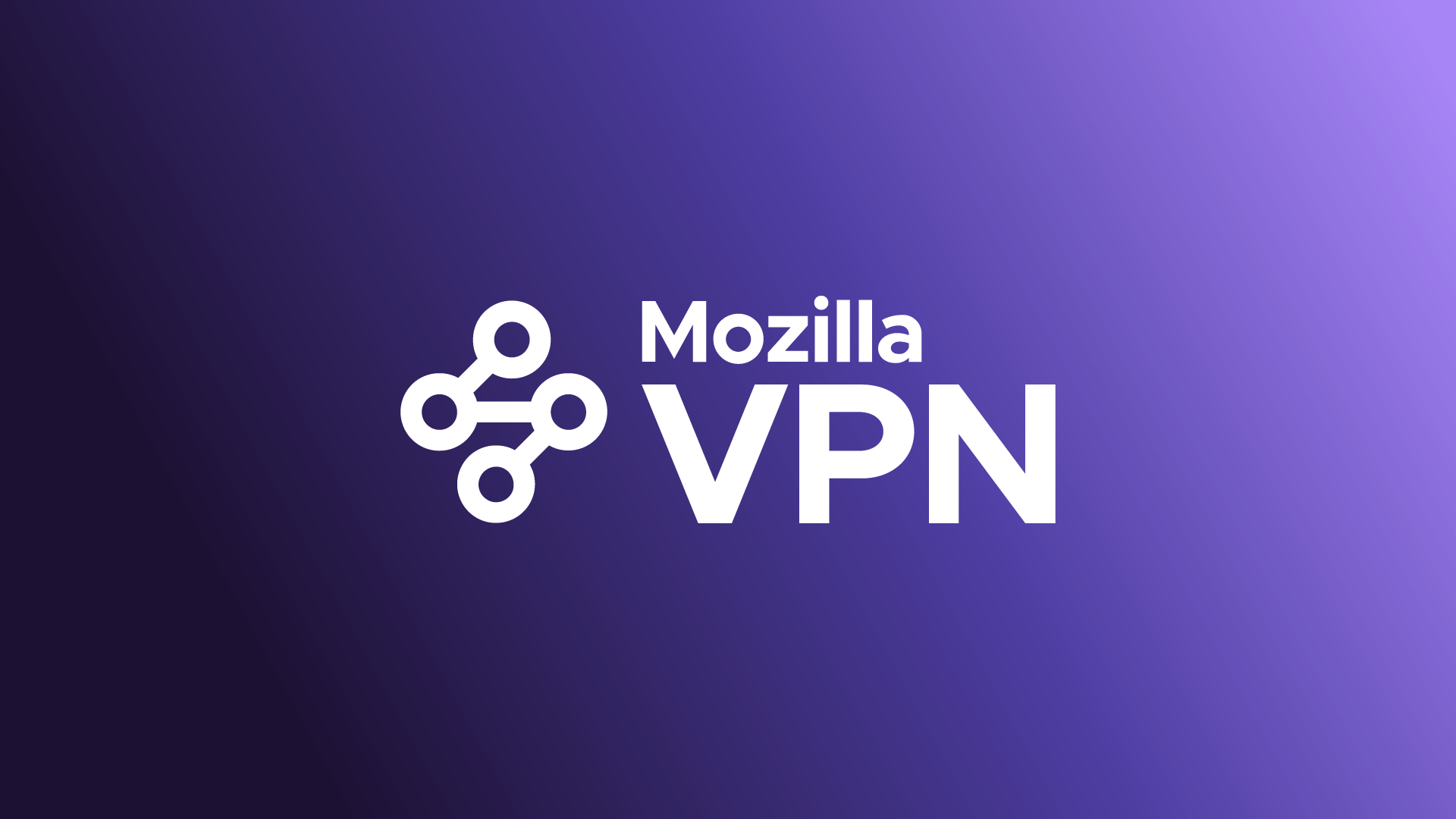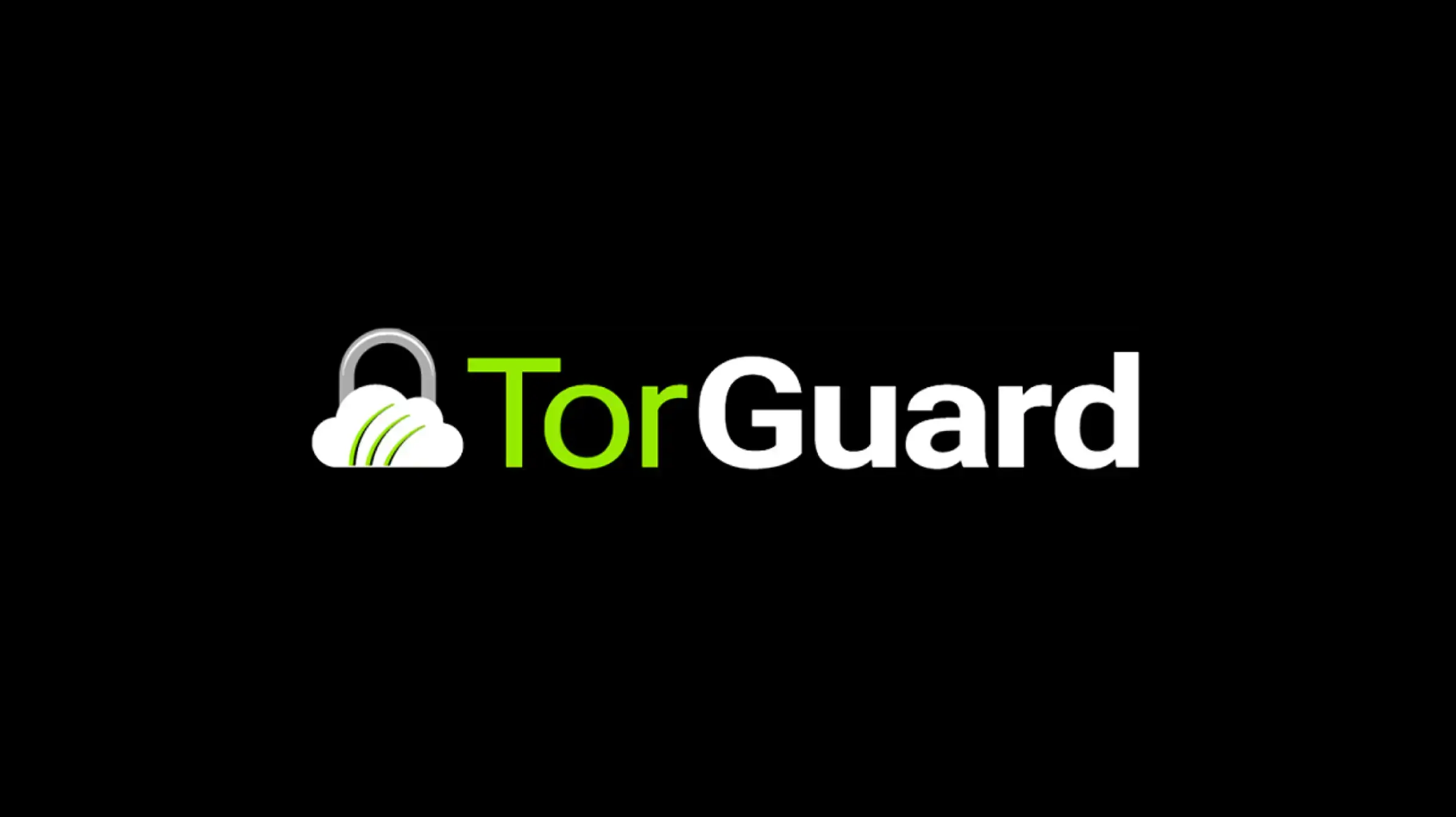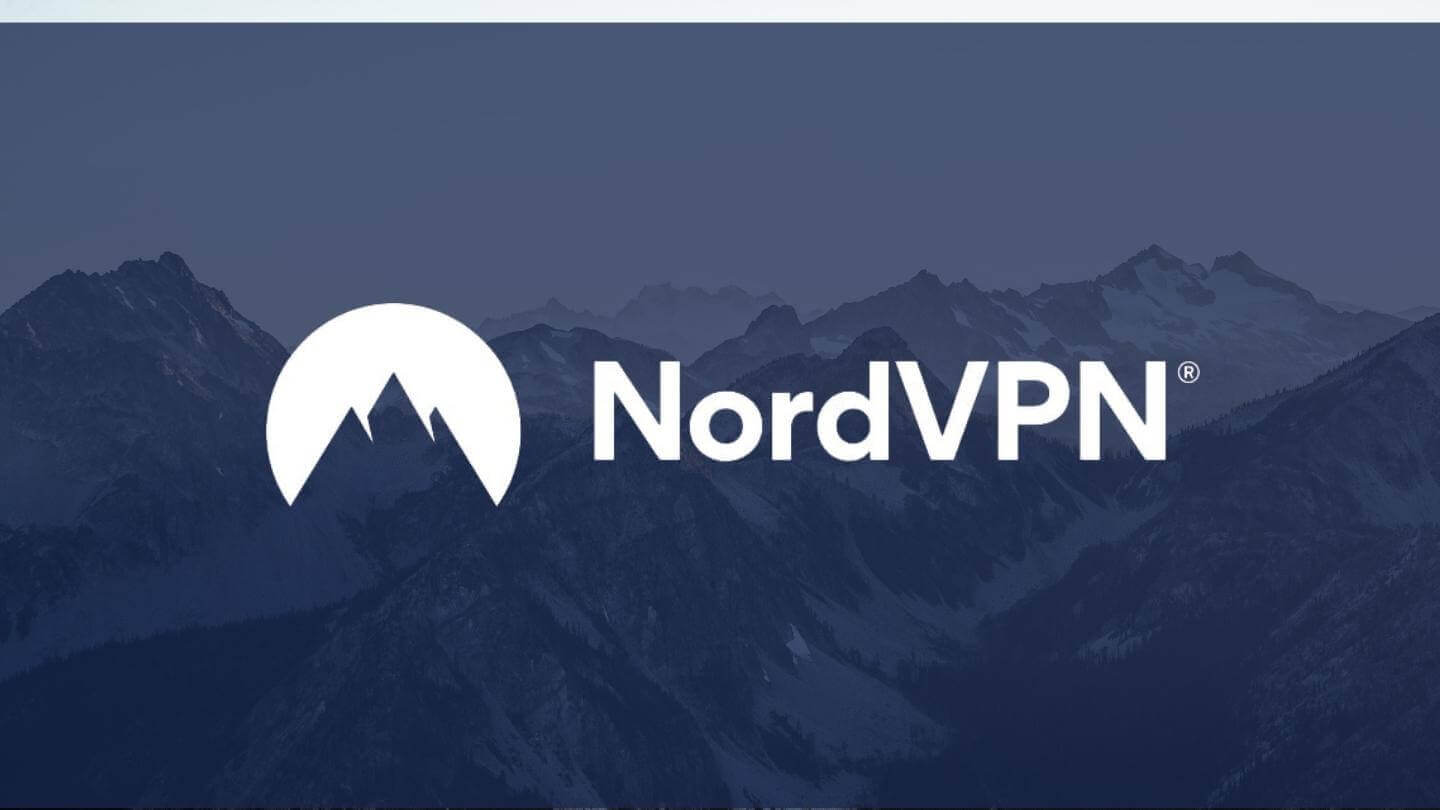Tag: datacamp limited
-

Hotspot Shield
Hotspot Shield is a VPN service that has been around since 2008, making it one of the older players in the market. The service gained notoriety for its use by dissidents during the Arab Spring protests in the early 2010s. However, its reputation took a hit in 2016 when researchers cited Hotspot Shield in a…
-

VPN 360
VPN 360 is a virtual private network (VPN) app that allows users to protect their online privacy and security by encrypting their internet connection and routing it through a private server. It is one of the security products offered by Pangu whose parent company is Aura. VPN 360 is available for both Android and iOS…
-

StrongVPN
StrongVPN is a virtual private network (VPN) service provider. A VPN is a service that encrypts a device’s internet connection and routes it through a server in a location of the user’s choosing. This can be used to protect the user’s privacy and security online, as well as to access content that may be restricted…
-

Brave
Brave is a free and open-source browser that prioritizes security and speed by automatically eliminating advertisements and website trackers. Based on the Chromium web browser, this browser was designed by the Brave software developer to provide consumers with an excellent browsing experience. The Brave browser functions on Android, iOS and desktop computers. People can also…
-

ProtonVPN
ProtonVPN is a virtual private network (VPN) service provided by Proton Technologies AG, the company behind the email service ProtonMail. ProtonVPN was created to provide a secure, private, and censorship-free internet connection to people all over the world. It encrypts your internet connection and hides your IP address, making it difficult for hackers, ISPs, and…
-

Mozilla VPN
When you are using Mozilla VPN, whose servers are you really using? According to my research, Mozilla leases hardware from a few different well known providers such as Datacamp Limited, Tzulo, 31173 Services, and xTom. Some people are drawn towards Mozilla VPN because they are already familiar with Mozilla’s Firefox browser and so the name…
-

TorGuard
Table of Contents Network Overview 2019 Security Incident Global Coverage Related Posts TorGuard is a virtual private network (VPN) service that encrypts internet traffic and helps to secure online activity. It is designed to protect privacy and increase security, and is often used to bypass internet censorship and access blocked content. TorGuard is based in…
-

NordVPN
NordVPN is a Virtual Private Network (VPN) service provider that was founded in 2012 by four childhood friends in Panama. The company is now headquartered in Cyprus, with offices in the United States, the United Kingdom, and Lithuania. NordVPN is one of the most well-known VPNs in the market, and this is due to their…
